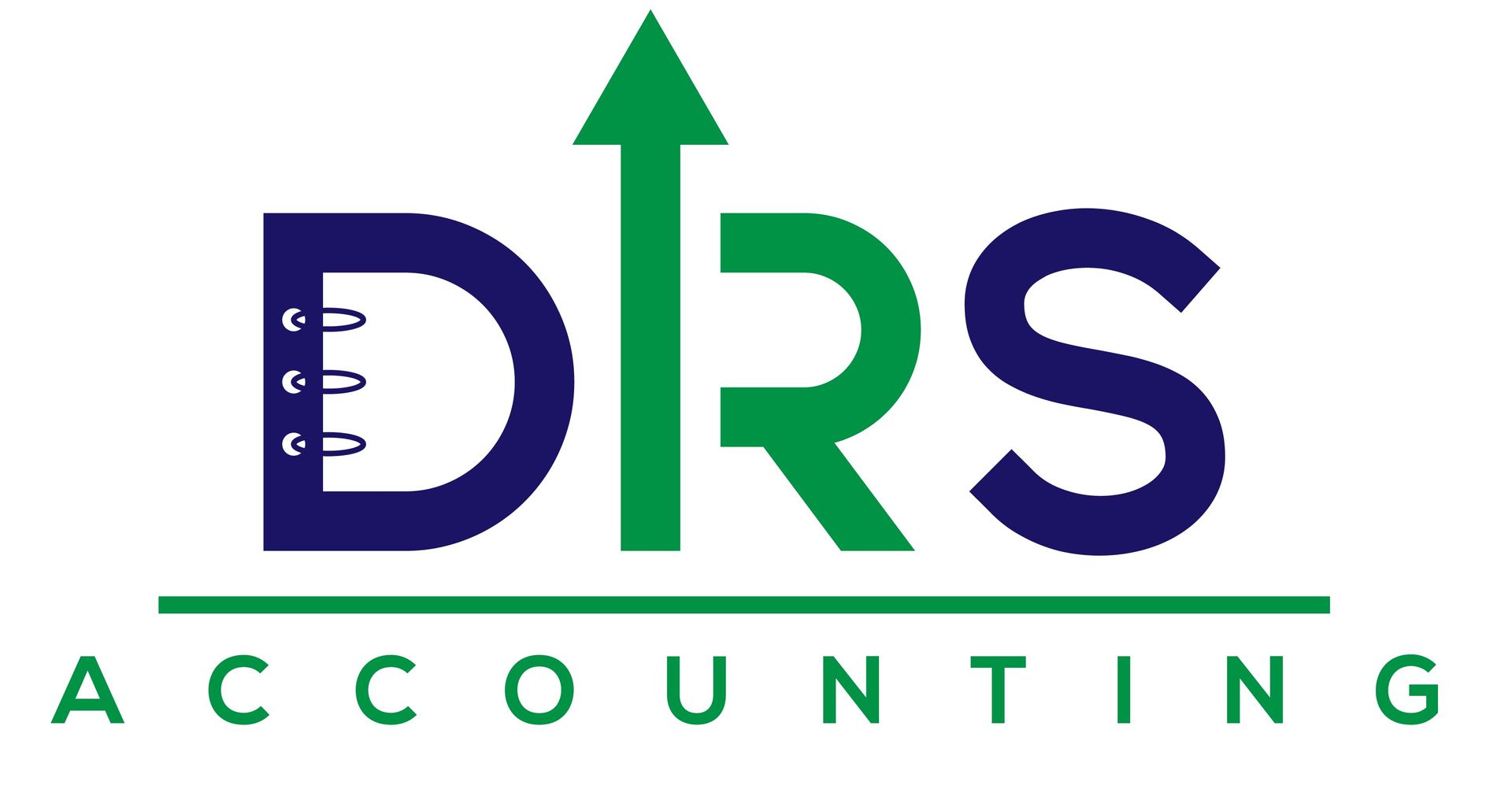California’s $800 Minimum Franchise Tax: What New Business Owners Need to Know
If you’ve just started a business in California, you’ve probably already heard about the famous, or rather infamous $800 minimum franchise tax. For many small business owners, it feels like an unavoidable cost of doing business here. But fortunately new corporations don’t have to pay this fee in their very first year.
That exemption can mean a lot in savings at a time when every dollar counts. Unfortunately, many entrepreneurs don’t know about it, and some end up overpaying simply because they weren’t aware of the rule.
What Is the $800 Minimum Franchise Tax?
In California, almost every business entity (corporations, LLCs, LPs, and LLPs) has to pay at least $800 per year to the Franchise Tax Board (FTB), regardless of whether the business is profitable. You can think of it as a “floor tax”.
For small businesses just starting out, this can feel like a lot, especially when revenue hasn’t started flowing yet. That’s why the state approved some relief.

Who Qualifies for The First Year Exemption?
New corporations (formed on or after January 1, 2020) don’t pay the $800 minimum tax in their first taxable year. This means if you just registered your company in California, you’ll still file taxes, but you won’t owe that $800 in your first year. However, starting in year two you'll have to pay the fee every year you remain in business.
Important: LLCs had a temporary exemption from 2021 to 2023. Beginning in January 1st, 2024, LLCs must pay the $800 minimum franchise tax in their first year, the past one-year waiver no longer applies, so new LLCs won’t receive the same startup tax relief.
Impact for Small Businesses
That first year is usually the most expensive and challenging for startups. Between filing fees, permits, insurance, and other startup costs, avoiding the $800 tax gives you a well deserved breathing room. For solo founders, freelancers incorporating for liability protection, or startups getting ready for their launch, this can be a welcome surprise.
At DRS Accounting PC, we’ve seen many new business owners miss this exemption or miscalculate when it applies. With the right planning, you can take advantage of every tax break available and keep more of your money focused on growth.
Final Thoughts
If you want to start a business in California you don’t have to pay more than you should. And If you already formed a new corporation or LLC recently, make sure you’re not overpaying the $800 franchise tax in your first year.
At DRS Accounting PC we help small businesses and startups navigate California’s tax rules, so they can focus on running their business with confidence. Schedule a free consultation if you’d like us to review your situation and make sure you’re not leaving money on the table.



